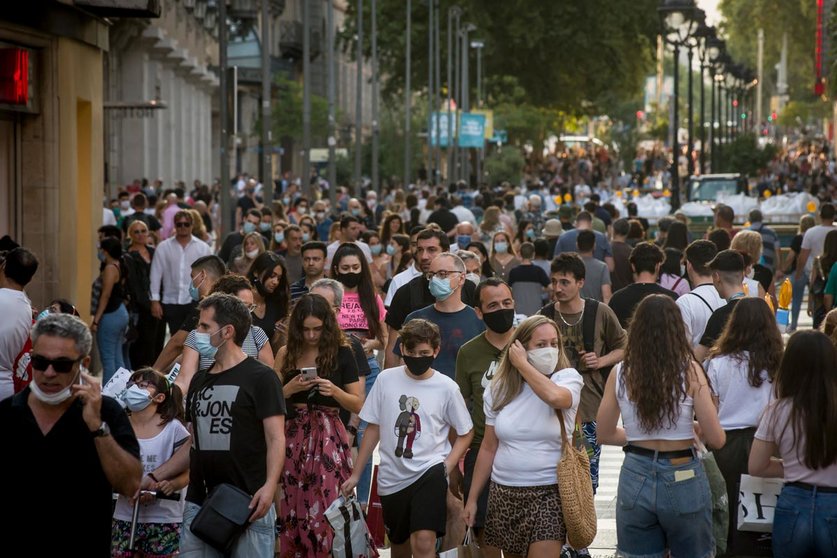Spain on Sunday is finally lifting its lengthy state of emergency, imposed to curtail one of Europe's worst coronavirus outbreaks.
The country has recorded a death toll of more than 28,000 and more than 245,000 infections.
After 14 weeks at home, Spaniards will be able to travel around the country outside the province where they live.
As of Sunday, tourists from Schengen countries can enter the country, with travellers from everywhere else allowed back as of July 1. This is a major step for Spain, where tourism is a key economic sector, making up more than 12 per cent of GDP.
Under the country's "new normal," some restrictions remain and these differ by region, depending on local circumstances.
Nationally, most schools are still closed, with classroom teaching only due to begin again in September.
Masks required
Football, for now, is to be followed from people's homes at first and second league games are played behind closed doors.
Discos may reopen but dance floors are to be cordoned off. Museums, concert halls, cinemas, cafes and restaurants all still face restrictions on the numbers they can take in, although these will be lifted in stages.
Masks are to be worn on public transport, planes, and in shops and other enclosed public spaces nationwide. Anyone contravening these rules can be fined up to 100 euros (111 dollars).
The government is calling on citizens to generally take care, as life is not likely to return to the way it was before until a vaccine is found.










